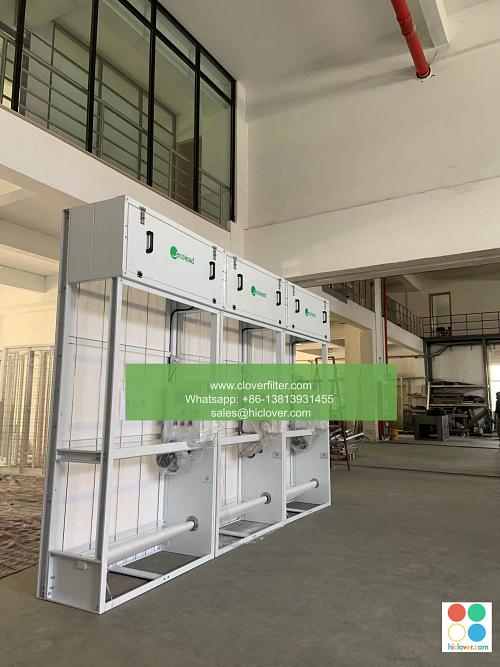Do Air Filters Really Work? Separating Fact from Fiction

Air filters have become a ubiquitous part of our daily lives, with applications in indoor air quality improvement, allergy relief, and air pollution reduction. But do air filters really work as advertised? In this article, we’ll delve into the world of air filtration, separating fact from fiction and exploring the various application areas where air filters can make a significant impact.
How Air Filters Work
Air filters work by capturing particulate matter, such as dust, pollen, and other airborne pollutants, using a combination of mechanical filtration and electrostatic attraction. The most common types of air filters include HEPA filters, activated carbon filters, and ionic air purifiers. Each type of filter has its own unique characteristics and application areas, making some more suitable for specific tasks than others.
Indoor Air Quality Improvement
One of the primary application areas for air filters is indoor air quality improvement. Indoor air can be up to five times more polluted than outdoor air, thanks to the presence of volatile organic compounds (VOCs), radon, and other indoor air pollutants. Air filters can help remove these pollutants, creating a healthier and more comfortable indoor environment. This is especially important for people who suffer from respiratory issues, such as asthma and chronic obstructive pulmonary disease (COPD).
Allergy Relief
Another key application area for air filters is allergy relief. Air filters can capture allergens like pollen, dust mites, and pet dander, reducing the symptoms of allergic reactions. This can be especially beneficial for people who suffer from seasonal allergies or year-round allergies. By removing these allergens from the air, air filters can help create a more comfortable and allergy-friendly environment.
Air Pollution Reduction
Air filters can also play a crucial role in air pollution reduction. Outdoor air pollution is a major concern, with particulate matter, nitrogen dioxide, and ozone being just a few of the many pollutants that can harm our health. Air filters can help remove these pollutants from the air, creating a cleaner and healthier environment. This is especially important in urban areas, where air pollution can be particularly severe.
Separating Fact from Fiction
While air filters can be highly effective, there are also some common myths and misconceptions surrounding their use. For example, some people believe that air filters can completely eliminate allergens and pollutants from the air. While air filters can certainly reduce these substances, they are not a magic bullet. It’s also important to note that not all air filters are created equal, and some may be more effective than others in specific application areas.
Conclusion
In conclusion, air filters can be a highly effective tool for improving indoor air quality, providing allergy relief, and reducing air pollution. By understanding how air filters work and the various application areas where they can be used, we can make informed decisions about which types of filters to use and how to use them effectively. Whether you’re looking to improve your indoor air quality, reduce your allergy symptoms, or simply create a healthier and more comfortable environment, air filters can be a valuable addition to your air quality arsenal. You haven’t provided a question or topic for me to assist with. Please provide more context or information so I can better understand how to help you. What would you like to talk about or ask?

